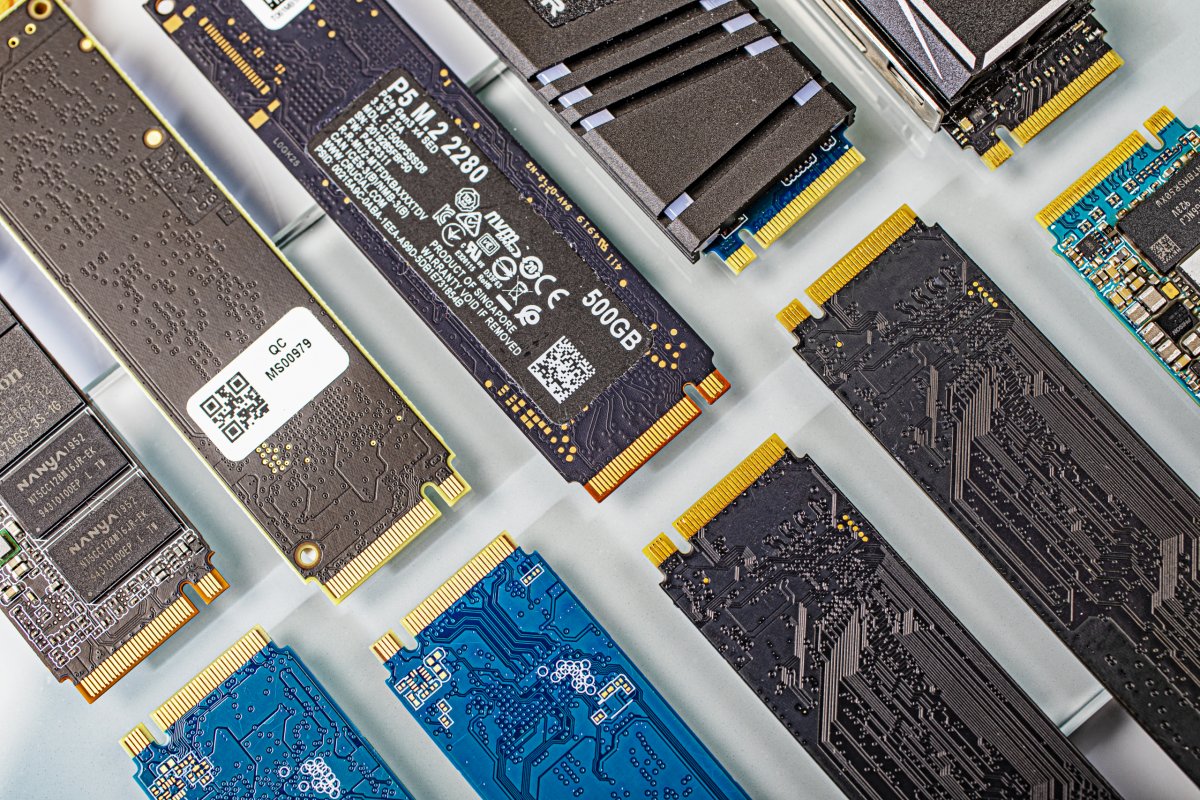Yorick
Wizard
- Joined
- Nov 4, 2018
- Messages
- 1,912
Looking at https://blocksandfiles.com/2023/05/09/pure-no-more-hard-drives-2028/?td=rt-3a, while I do not expect HDDs to go away anytime soon, I am wondering whether it makes sense for my personal use case to consider replacing failing HDD with SSD.
I have an 8x8TB raidz2 with just about no writes and very light read use: Backups and media files. The drives are going on 5 years old and should last me a while longer, though expecting one or more of them to fail in the next 5 years is reasonable.
For SSDs, “cheap crap” could be sufficient. As in, not bad quality, but not data center either: Consumer QLC. Sure it drops the TBW, but I hardly write - and it craters write IOPS but, oh right, I hardly write.
Prices are still a little mad: 460 bucks for a sata drive, double that for NVMe. Even in the budget space. And, that’ll come down.
Whether sufficiently to make it reasonable to replace a failing hdd with ssd - that’ll be interesting to see.
I have an 8x8TB raidz2 with just about no writes and very light read use: Backups and media files. The drives are going on 5 years old and should last me a while longer, though expecting one or more of them to fail in the next 5 years is reasonable.
For SSDs, “cheap crap” could be sufficient. As in, not bad quality, but not data center either: Consumer QLC. Sure it drops the TBW, but I hardly write - and it craters write IOPS but, oh right, I hardly write.
Prices are still a little mad: 460 bucks for a sata drive, double that for NVMe. Even in the budget space. And, that’ll come down.
Whether sufficiently to make it reasonable to replace a failing hdd with ssd - that’ll be interesting to see.

